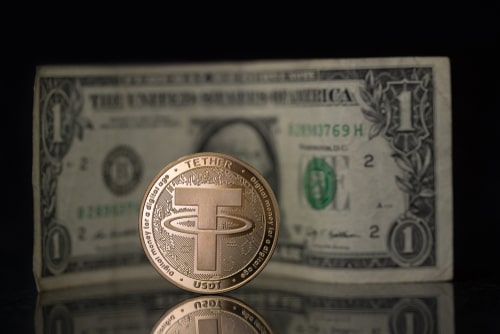Leading stablecoin issuer Tetherin a post it shared today, announced that it has reduced the ‘trade paper share’, which has been the subject of debate for a long time, to zero.
In the official statement made by the company, there was information that commercial papers were reset and US Treasury Bills were purchased instead.

Tether detailed its reserve composition for the first time in May 2021, after reaching a settlement with the New York Attorney General. commercial paper initially made up 65.39% of the company’s reserves. These commercial papers have been the subject of much debate, as it is not known which companies published them and which institutions rated them.

Since then, Tether has been trying to gradually reduce its commercial paper holdings. The removal of commercial paper also represents an important step in reducing concerns about Tether’s stability.
Koinfinans.com As we reported, Tether appeared to have $20 billion worth of commercial paper in May. At the end of June, this amount was reduced to 8.5 billion dollars. Earlier this month, Tether Chief Technology Officer Paolo Ardoino said the company had reduced its commercial paper assets to just $50 million.
In its blog post, Tether claims that its effort to remove commercial papers demonstrates its commitment to ensuring its stablecoin is backed by “the safest reserves.”
As Koinfinans.com previously reported, the court USDT He had requested financial records proving that his stablecoin was fully backed. Tether, on the other hand, preferred to describe this situation as a ‘routine check’.
Tether remains the largest stablecoin in terms of market cap, with a market cap of around $68 million.
You can follow the current price action here.
Disclaimer: What is written here is not investment advice. Cryptocurrency investments are high-risk investments. Every investment decision is under the individual’s own responsibility. Finally, Koinfinans and the author of this content cannot be held responsible for personal investment decisions.
